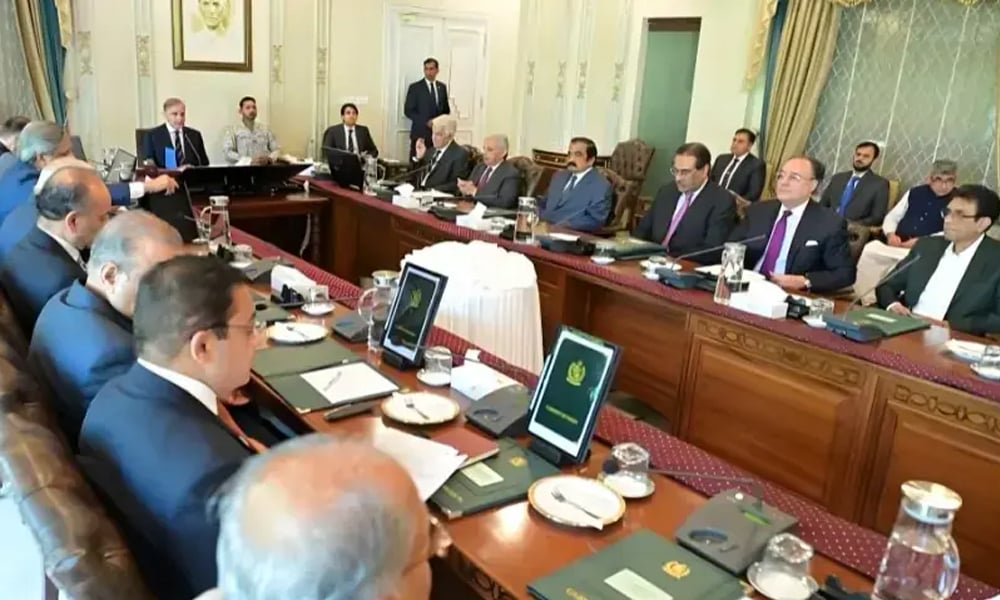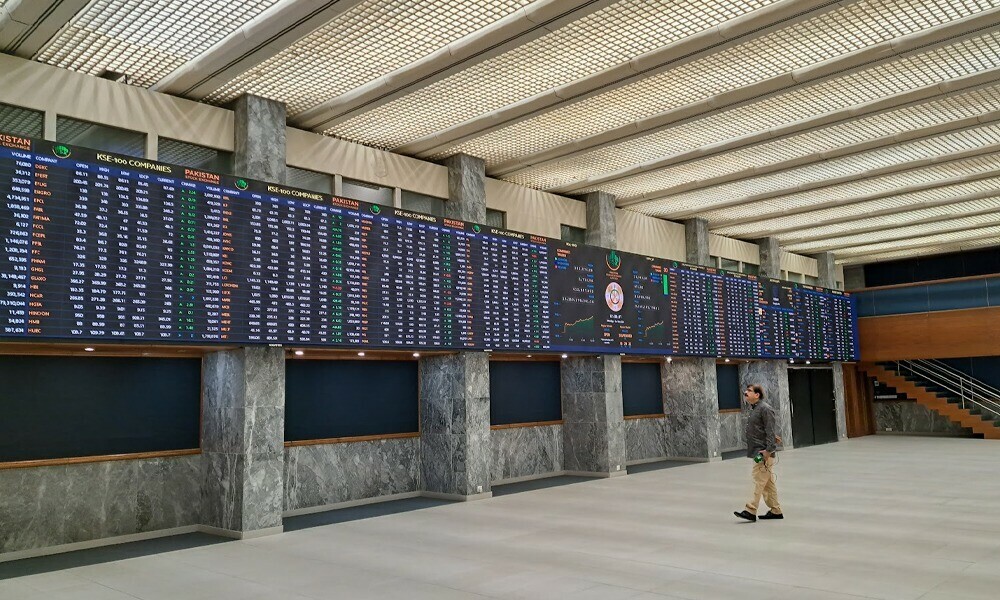PTBP Web Desk
The federal cabinet of Pakistan on Thursday endorsed the Strategic Mutual Defence Agreement recently signed between Pakistan and Saudi Arabia, marking a new chapter in their longstanding bilateral relations. Prime Minister Shehbaz Sharif hailed the pact as a “historic milestone” that will strengthen defence, intelligence, and security cooperation between the two brotherly nations.
Chaired by Prime Minister Shehbaz Sharif, the cabinet meeting reviewed the accord in detail and acknowledged its far-reaching implications for regional stability. The prime minister emphasized that the agreement comes at a critical time when global and regional alliances are evolving rapidly, and Pakistan’s defence diplomacy must remain robust and forward-looking.
Addressing the meeting, Prime Minister Sharif described the newly approved accord as a transformational step towards actionable defence collaboration between the two strategic allies. He stated that the agreement would focus on joint military training, intelligence sharing, counterterrorism coordination, and strategic security initiatives.
“This agreement is not just symbolic; it ushers in a new era of actionable cooperation between our two brotherly nations,” Sharif remarked.
The premier highlighted his recent visit to Saudi Arabia as “highly successful,” citing constructive talks with Saudi leadership on defence and investment cooperation. He reiterated Pakistan’s unwavering commitment to further strengthening ties with Gulf Cooperation Council (GCC) countries, particularly Saudi Arabia, which remains a key strategic and economic partner.
Cabinet members welcomed the defence pact, terming it a “landmark in Pakistan–Saudi relations.” They appreciated the leadership of both nations for fostering a framework that enhances regional stability and defence readiness.
According to officials, the agreement will open new channels of strategic coordination between Pakistan’s armed forces and Saudi defence institutions, enabling greater collaboration in intelligence, logistics, and training. Analysts view this accord as part of Pakistan’s broader foreign policy shift toward proactive defence diplomacy in the Middle East.
For context, Pakistan and Saudi Arabia have shared decades of military cooperation, including joint exercises, training programs, and mutual defence consultations. This latest agreement formalizes and expands these efforts at a time when regional geopolitics, especially concerning Iran, Yemen, and the Red Sea, are undergoing significant shifts.
During the meeting, Prime Minister Shehbaz Sharif also reaffirmed Pakistan’s strategic relations with China, calling it the country’s “most reliable friend.” Expressing gratitude for Beijing’s unwavering support, he said, “China has stood by Pakistan in every crisis, and we will never forget that.”
Sharif also discussed his meeting with former U.S. President Donald Trump in Washington, which was attended by Chief of Army Staff Field Marshal Asim Munir. The discussions covered bilateral ties, trade cooperation, and counterterrorism initiatives. He credited Trump with helping de-escalate tensions between Pakistan and India during his tenure, saying, “Trump told me he had warned Israel that the West Bank can never be separated.”
The premier reaffirmed Pakistan’s principled position on Gaza, noting that the country continues to advocate for peace and humanitarian relief in Palestine.
Sharif briefed the cabinet on his recent visits to Saudi Arabia, Qatar, Malaysia, and his participation in the United Nations General Assembly (UNGA) session in New York. He said Pakistan had adopted a more active foreign policy aimed at strengthening international partnerships and attracting investment, particularly in infrastructure, energy, and technology sectors.
The meeting observed that Pakistan’s foreign engagements are now more oriented toward economic diplomacy and strategic partnerships, especially in the Middle East and Asia-Pacific regions.
Among other major decisions, the cabinet gave in-principle approval for the creation of the WAPDA Security Force, a specialized body designed to protect critical national infrastructure, including major dams and hydropower projects.
The proposed WAPDA Security Force Act, 2025, aims to formalize protection mechanisms for national water and power assets amid growing threats to critical infrastructure. The new force will function under the Water and Power Development Authority (WAPDA) but coordinate closely with federal and provincial law enforcement agencies.
The cabinet also approved the donation of 15 non-operational aircraft from the Department of Plant Protection (DPP) to educational and commemorative institutions. The list includes eight Cessna and seven Fletcher planes, which will be used for technical training and display.
Four operational Beechcraft aircraft will remain in service for locust control and aerial surveys. Previous attempts to auction the aging fleet had failed due to limited buyer interest.
Prime Minister Sharif also addressed the rise in terrorist incidents along Pakistan’s western border. Without naming specific militant groups, he condemned the attacks and reaffirmed that Pakistan would take “firm and decisive actions” to safeguard national security.
He paid tribute to Lt Col Junaid and Major Sibtain Haider, who were martyred in recent counterterrorism operations, saying he was deeply moved by the courage of their families.
“We can no longer afford to wait. The time for decisive action is now,” the prime minister said, urging a unified national response to eliminate terrorism.
The meeting also deferred proposed amendments to the Alternate Medicines and Health Products (Enlistment) Rules, 2014, referring the matter to a special committee for review.
The cabinet ratified key decisions made by the Economic Coordination Committee (ECC) on October 2, and by the Cabinet Committee on Legislative Cases (CCLC) on September 22.




